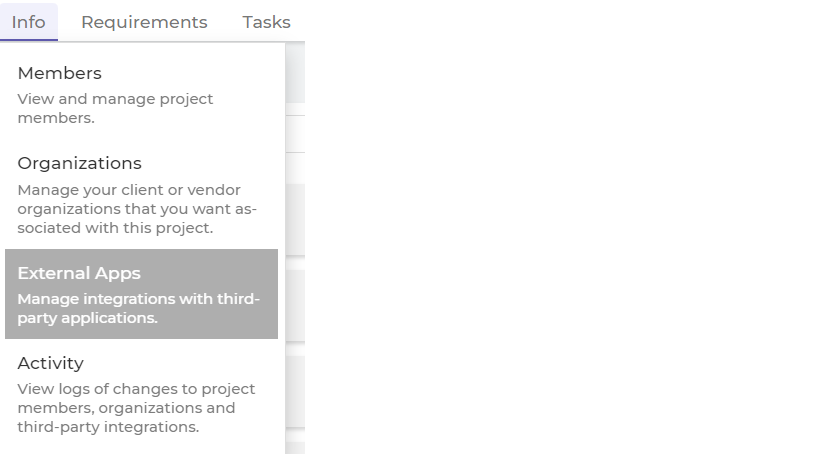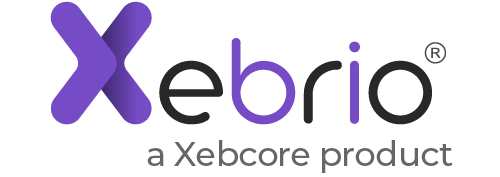What are integrations in requirements management software?
When developing a product, the development team requires the correct set of tools to ensure significant productivity. These tools help them work better and properly complete their tasks. Tools, like teams, cannot function in silos. That is where integrations come in.
Integrations like GitHub and Jira with requirements management connect a requirements management tool with other systems involved in the project’s success. Integrating systems like issue trackers, test management tools, collaboration platforms, and other project management tools with a requirements management tool allows for the seamless transfer of information between them.
What is GitHub and why do you integrate it with Requirements Management Software?
GitHub is used for version control and collaboration on software development projects. It provides a platform for developers to host and share their code, track changes made to it, and collaborate with other developers on the same project.
Requirements Management Software, on the other hand, is a tool used to manage and track the requirements of a software project. It helps ensure that the requirements are clear, complete, and testable, and that they are met by the development team.
Integrating GitHub with requirements management software can provide several benefits to a software development team. Here are some reasons why it is important to integrate the two:
- Traceability: By linking requirements to code changes made in GitHub, developers can easily track the progress of requirements and ensure that each requirement is met. This traceability helps ensure that the final product meets the needs of the stakeholders.
- Collaboration: GitHub is a great platform for collaboration on code changes and integrating it with Requirements Management Software can help team members collaborate on requirements as well. This can help ensure that everyone is on the same page about what needs to be done and can work together to achieve it.
- Quality: By ensuring that each requirement is clear, complete, and testable, Requirements Management Software can help improve the quality of the software. By integrating it with GitHub, developers can write tests that ensure that the code changes meet the requirements, further improving the quality of the software.
- Efficiency: Integrating GitHub with Requirements Management Software can help streamline the development process by reducing the need for manual updates to requirements and code changes. Developers can use the tools they are already familiar with and see everything they need to know about a requirement and its corresponding code changes in one place.
With Xebrio + GitHub, you can:
- Link GitHub pull requests and commits to Xebrio tasks and bugs, merge pull requests and review changes in pull requests there and then in the context of a task or bug.
- Centralize and visualize all your software development data in one place.
- Get to know the code changes while implementing a task or fixing a bug within Xebrio.
- Link all your GitHub repositories in Xebrio Project.
- Collaborate with your development team to complete your projects on time.
Here are the detailed steps to integrate GitHub with Xebrio
- Create a new project if you have just started to work in Xebrio. If you already are working on a project, open the project.

- Once you create/ open a project, go to the info tab. In the drop down, you will see the ‘External Apps’ section. Click on ‘External Apps’.

- Once you go to ‘External Apps’, click on Link. After you click on Link, you will get a dropdown menu.
- Select GitHub Repositories. Click on Authorize (admin name), select the repositories to be linked, and link it to your project.
Conclusion
Integrations in requirements management are crucial to ensure project success. Xebrio offers powerful integrations with GitHub that centralize and visualize all your software development data, link GitHub pull requests and commits to Xebrio tasks and bugs and bring Jira issues into Xebrio projects. With Xebrio’s integrations, you can collaborate with your development team to complete projects on time and boost productivity.






0 Comments